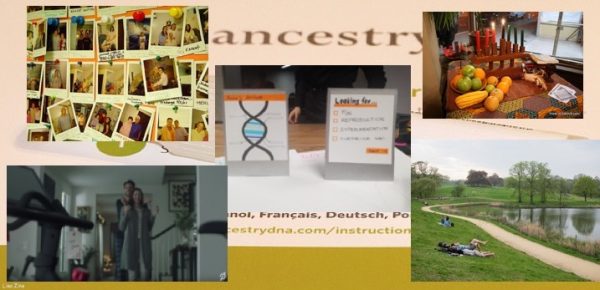 Welcome back! This week we’ve got new pieces on how consumers interpret ancestry DNA test results, how green space may help reduce crime rates, and the surprising way social support matters for cancer treatment.
Welcome back! This week we’ve got new pieces on how consumers interpret ancestry DNA test results, how green space may help reduce crime rates, and the surprising way social support matters for cancer treatment.
There’s Research on That!:
“Greener Grass, Fewer Crimes?” by Isabel Arriagada. Green areas, like parks, are widely recognized as an indicator of development and social wellbeing. In light of this, we examine social science research on how natural spaces might contribute to social well-being by reducing crime rates.
“Substance Use, Violence, and Risk-Taking Among Male Athletes,” by Jean Marie Maier. During his Supreme Court confirmation hearings, Kavanaugh talked about high school sports as a beneficial, wholesome activity for youth. However, research shows that sport participation is often associated with substance use, violence, and risk-taking among boys and young men in the United States.
Discoveries:
“Determining Identity through DNA,” by Brooke Chambers. New research in the American Journal of Sociology finds that personal experiences and social expectations help determine how consumers respond to ancestry test results.
Clippings:
“It’s Not All Emotional Labor,” by Jean Marie Maier. The Atlantic talks with Arlie Hochschild about how the term she coined, “emotional labor,” has been used far more broadly than she originally intended.
“Can Marriage Cure Cancer?” by Allison Nobles. The Washington Post consults Linda Waite and Susan Brown about the relationship between social support and the type of cancer treatment doctors recommend.
From Our Partners:
Council on Contemporary Families:
“The Stuff of Holidays: How Holiday Objects Tell a Sociological Story about Today’s Families,” by Michelle Janning.
“Random Families: Genetic Strangers, Sperm Donor Siblings, and the Creation of New Kin,” by Rosanna Hertz and Barbara Risman.
And a Few from the Community Pages:
- Cyborgology analyzes Peloton’s recent holiday ad, reflects on dating and gene editing, and argues for Google to be more transparent.
- Engaging Sports covers the enduring legacy of the “Black Power” salute.

Comments